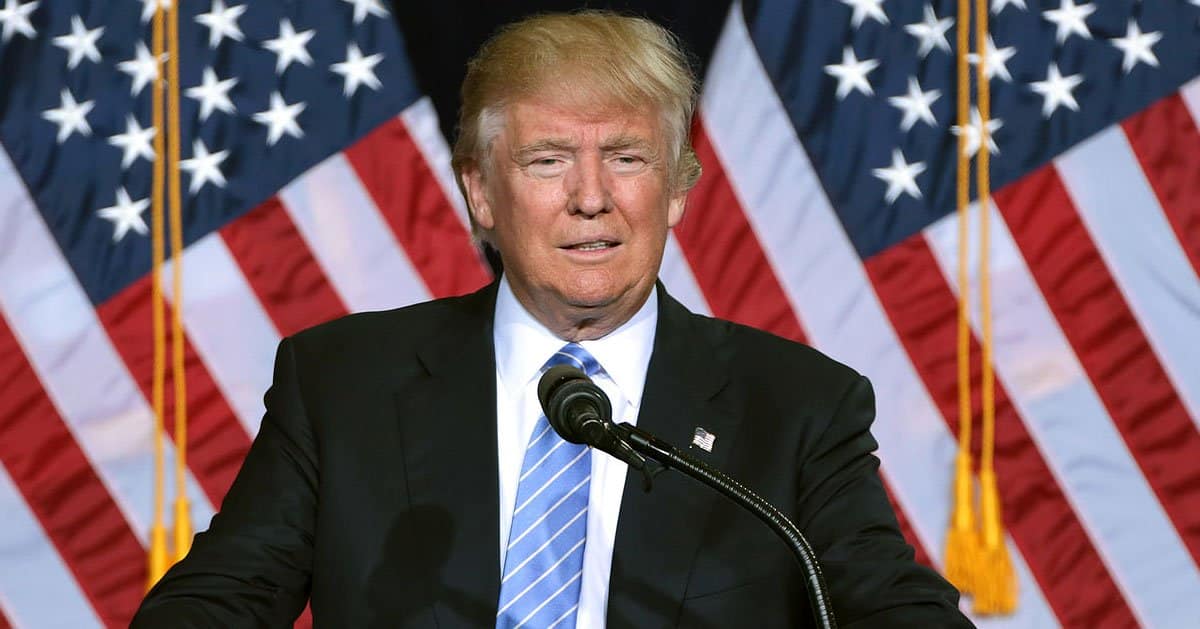







In a dramatic shift in Senate procedure, Majority Leader John Thune has deployed the nuclear option to accelerate the confirmation of President Donald Trump’s nominees, Fox News reported.
In an effort to overcome delays, Senate Republicans, spearheaded by Thune, initiated changes allowing grouped votes on appointments.
The decision, announced by Thune on Monday, leverages a simple majority vote to alter Senate rules. This shift permits nominees to be processed in batches rather than individually, which could streamline the entire confirmation timeline.
The strategic maneuver draws on a method previously contemplated by Democrats during Joe Biden's presidency aimed at addressing the slow pace of nominee confirmations. Bypassing extended debate and individual votes, this move reflects an urgent push by Republicans to fill key positions swiftly.
Despite gaining some support from Democrats in committee stages, these nominees have faced severe bottlenecks moving forward, according to Thune. He cited these delays as a crisis necessitating a return to more efficient Senate practices of the past.
"Both sides have long agreed that a President deserves to have his or her administration in place, quickly," Thune stated, quoting Minority Leader Chuck Schumer's prior criticisms during Biden’s administration.
Accusations of extreme opposition from Democrats led Thune to criticize the current state of affairs as “Trump derangement syndrome on steroids.” His remarks highlighted a significant partisan breakdown that has stymied the legislative and administrative processes.
To formally implement this change, Thune proposed a resolution on Monday night that included the names of nominees who had received bipartisan support in committee votes. This approach seeks to legitimize the grouping strategy by demonstrating prior bipartisan approval.
The resolution was inspired by a bill from Democratic Senators Amy Klobuchar and Angus King, along with former Senator Ben Cardin, which also proposed grouped voting but was focused solely on non-judicial roles.
Senate Republicans hope that by utilizing a Democrat-initiated proposal, they will attract bipartisan support for the procedural change. The nuclear option itself is not new to the Senate. It has been employed several times since 2010, notably in 2013 for executive nominations and in 2017 for Supreme Court nominees.
Senator John Barrasso echoed this sentiment, aiming to reassure that this move was about returning to a more pragmatic Senate operation. "We're returning to the way the Senate used to work, where the vast majority of nominees, after being scrutinized in committee, had their nominations moved quickly to the floor for confirmation," Barrasso explained.
Discussions to simplify the confirmation process through less divisive means faltered last month, leading to Thune’s more aggressive legislative push. This highlighted ongoing frustrations on both sides of the aisle over procedural delays.
Senator Roger Marshall commented on the Democrats' role in prompting this shift, suggesting that the motion was less an aggressive tactic and more a necessary adaptation to the current Senate deadlock. "I really look at this like they're forcing us to do something," stated Marshall, minimizing the perceived extremity of the nuclear option.
Marshall also pointed out the irony of Republicans adopting a Democrat-designed proposal, watching with keen interest how Democrats would respond to their own strategy being used in this context.
As the Senate moves forward with this rule change, the implications for future nominations and the overall functionality of the Senate remain a point of significant scrutiny and debate.



